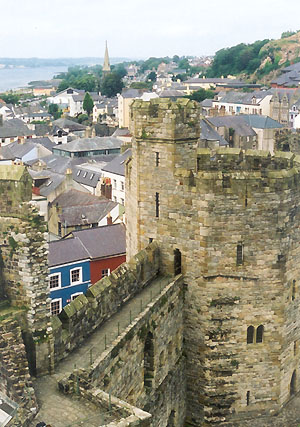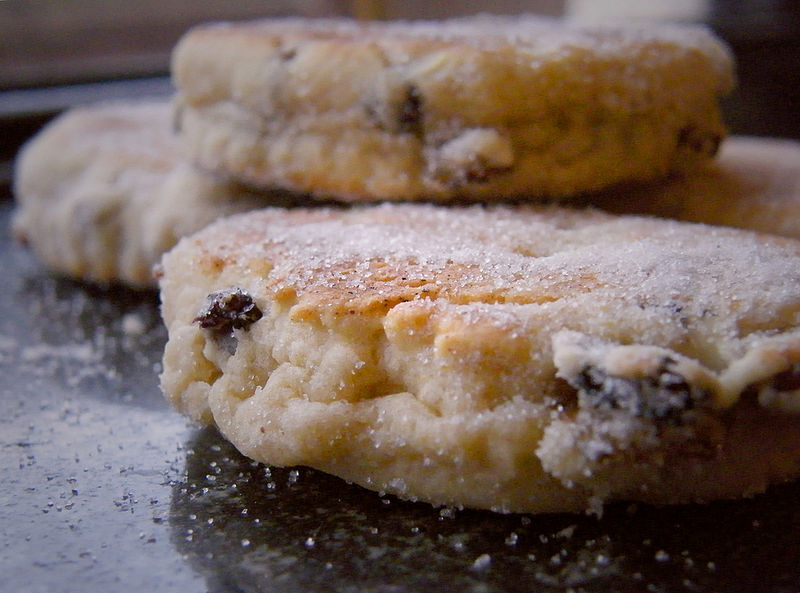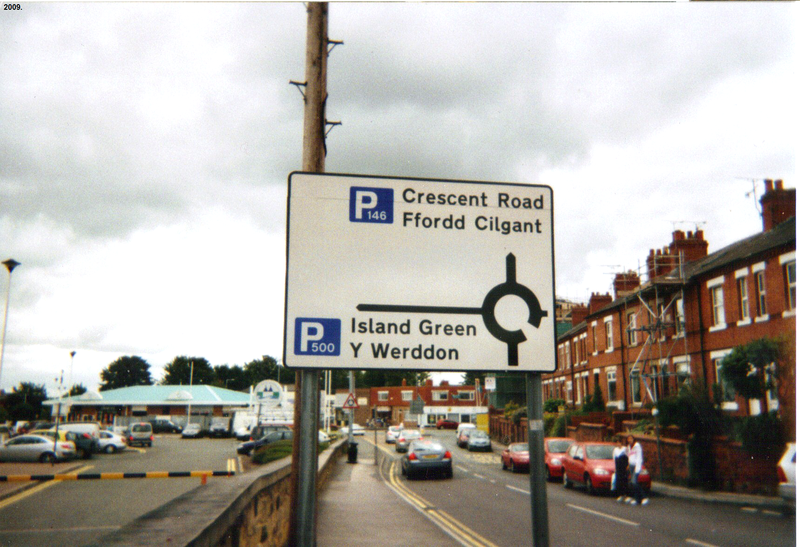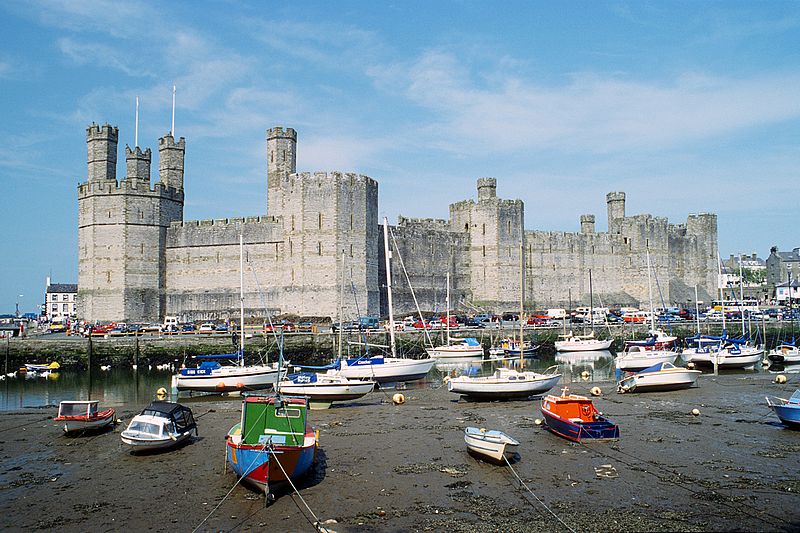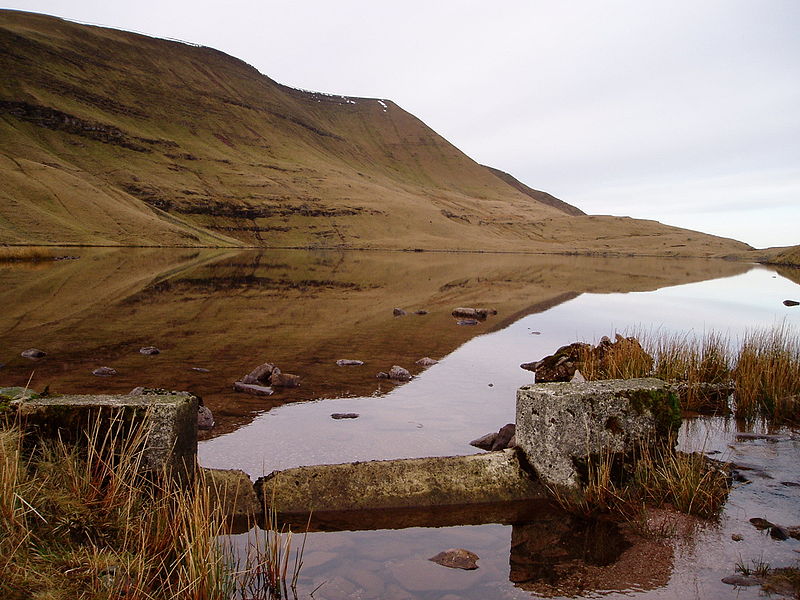Today’s blog post is continuing our series on the comparison of vocabulary of closely related languages and is taking us to the British Isles again, as well as to Brittany (Bretagne) in France, and to the various Celtic languages spoken there, namely Welsh, Irish and Scottish Gaelic, as well as Cornish and Breton. Our topic today is the weather and the most important words related to it. Both Welsh (Cymraeg) and Cornish (Kernewek) belong to the Brittonic group of the Celtic languages (to which also Breton Brezhoneg belongs), and Irish (Gaeilge) and Scottish Gaelic (Gàidhlig) belong to the Goidelic group (to which also Manx Gaelg belongs).
The terms for these weather-related words in Cornish/Kernewek:
weather – kewer, sunshine – Howl, wind – gwyns, rainbow – kammneves, rain – glaw, clouds – kommol, thunder – taran, thunderstorm – hagarawel derednow, lightning – lughes, snow – ergh, hail – keser
and in Breton/Brezhoneg:
the weather – an amzer, sunshine – Heol, wind – avel, rainbow – kanevedenn, rain – glav, cloud – koumoul, thunder – taran, thunderstorm – arnev, lightning – luc’hed, snow – erc’h, hail – grizilh


